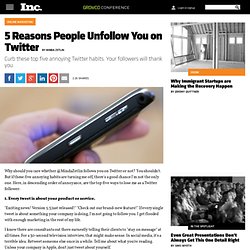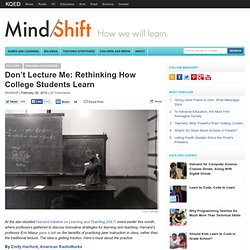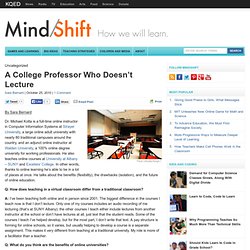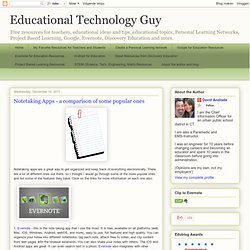

Connectedness as the Standard. I am extremely excited that August is Connected Educator month.

In my opinion, being a connected learner, leader, and/or educator is no longer an option. My personal and professional journey in this area is well documented and something that I regularly present on. When I think back to my life as an educator prior to becoming connected, I can honestly say that I was isolated, naive, and definitely not as well rounded as I am today. Image by Silvia Rosenthal Tolisano- www.langwitches.org/blog based on image (CC) by Alec Couros- /educationaltechnology.ca/couros/799. SENSES project. Your Desk Is Making You Stupid. Your desk, scientists reported recently, is trying to kill you. According to the New York Times, scientists discovered that when we sit all day, "electrical activity in the muscles drops… leading to a cascade of harmful metabolic effects," and sadly even getting regular doses of exercise doesn't offset the damage.
But now there's new evidence of the harm of sitting. Not only is it making you fatter, it might also be making you dumber. Sabine Schaefer, a researcher at the Max Planck Institute for Human Development in Germany, recently looked at the effect of walking on working memory. Your mother may have warned you not to walk and chew gum at the same time, but when Schaefer compared the performance of both children and young adults on a standard test of working memory when they were sitting with when they were walking, her results contradicted mom's advice. Why didn't walking at "fixed speed" have the same effect on working memory as walking at the subjects' preferred pace? Twitter Tips: 5 Reasons People Unfollow You. Why should you care whether @MindaZetlin follows you on Twitter or not?

You shouldn't. But if these five annoying habits are turning me off, there's a good chance I'm not the only one. Here, in descending order of annoyance, are the top five ways to lose me as a Twitter follower: 1. Every tweet is about your product or service. "Exciting news! I know there are consultants out there earnestly telling their clients to "stay on message" at all times. 2. For some reason, there is a significant number of Twitter users whose profiles are in English, but their tweets aren't. 3.
Consider this tweet from earlier today: "RT @ScLoHo: RT @awelfle: @AmyL_Bishop @douglaskarr and what about @scloho? I'm sure that means something to someone, but not to me. 4. If you're a savvy Twitter user, you probably know that a tweet beginning with the @ symbol appears only in the stream of that user, plus any other users who follow you both. But those tweets also show up when someone looks at your timeline. Don’t Lecture Me: Rethinking How College Students Learn. Flickr:AllHails At the star-studded Harvard Initiative on Learning and Teaching (HILT) event earlier this month, where professors gathered to discuss innovative strategies for learning and teaching, Harvard’s professor Eric Mazur gave a talk on the benefits of practicing peer instruction in class, rather than the traditional lecture.

The idea is getting traction. Here’s more about the practice. By Emily Hanford, American RadioWorks It’s a typical scene: a few minutes before 11:00 on a Tuesday morning and about 200 sleepy-looking college students are taking their seats in a large lecture hall – chatting, laughing, calling out to each other across the aisles. This is an introductory chemistry class at a state university. Students in this class say the instructor is one of the best lecturers in the department. Student Marly Dainton says she doesn’t think she’ll remember much from this class. “I’m going to put it to short-term memory,” she says. One of the Oldest Teaching Methods Emily Hanford. A College Professor Who Doesn’t Lecture.
Uncategorized Flickr:ShutterKingKT By Sara Bernard Dr.

Michael Kolta is a full-time online instructor in Computer Information Systems at Strayer University, a large online adult university with nearly 80 traditional campuses around the country, and an adjunct online instructor at Walden University, a 100% online degree university for working professionals. How Secure Is My Password? Notetaking Apps - a comparison of some popular ones. Notetaking apps are a great way to get organized and keep track of everything electronically.

There are a lot of different ones out there, so I thought I would go through some of the more popular ones and list some of the features they have. Click on the links for more information on each one also. 1. Evernote - this is the note taking app that I use the most. It is free, available on all platforms (web, Mac, iOS, Windows, Android, webOS, and more), easy to use, full featured and high quality.